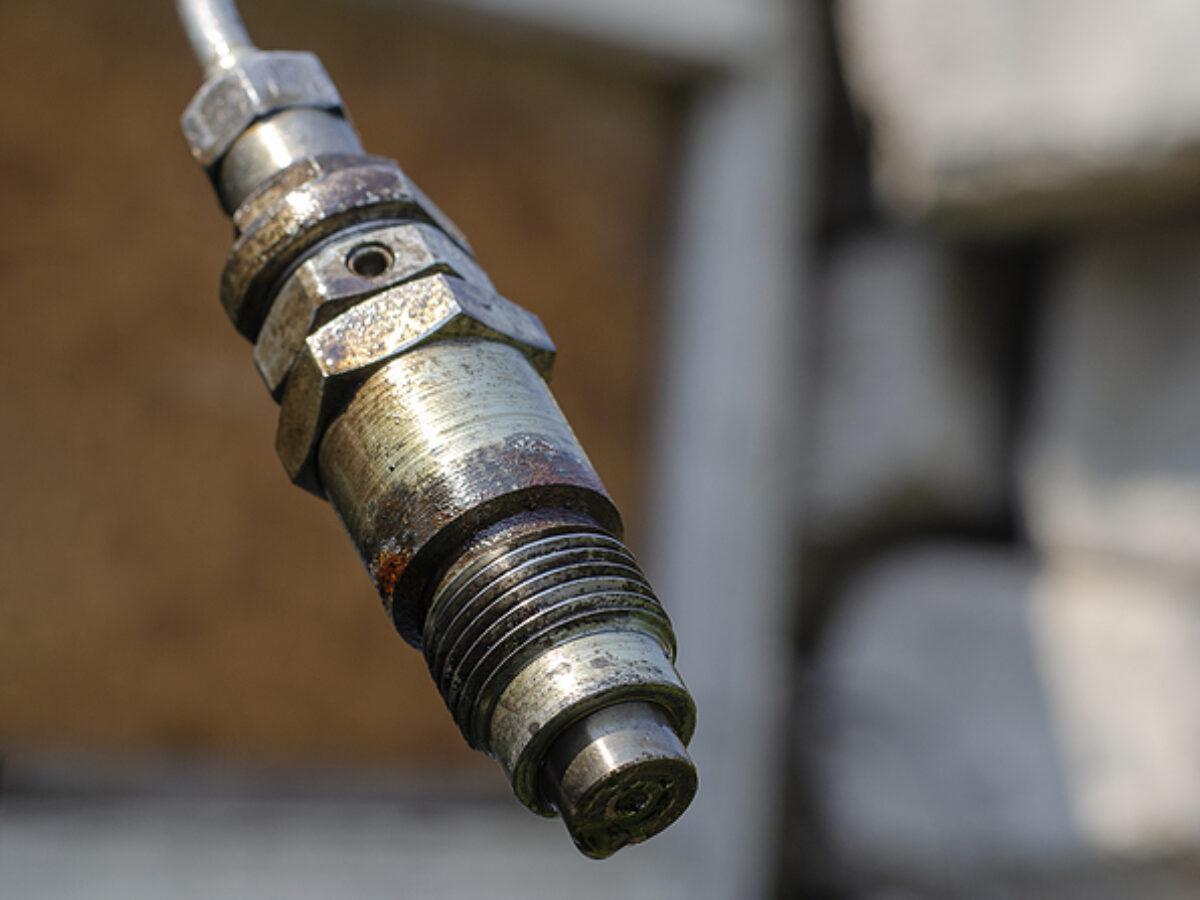Your engine needs three things to run: air, spark, and fuel. It is the job of the fuel injectors to deliver the correct amount of fuel into the engine at precisely timed intervals. Despite how long they’re designed to last, fuel injectors will eventually fail, and it’s critical to know the signs.
Failing fuel injectors will cause symptoms like triggering the Check Engine light on your car’s instrument panel. Besides that, they’ll also cause your car to smell of fuel in and around the vehicle. The engine will also suffer performance issues like misfiring, rough idling, and stalling, and your vehicle’s fuel efficiency will drop.
Check out the rest of this guide to learn the symptoms of failing fuel injectors, so you can replace yours when they no longer work correctly.
How Long Do Fuel Injectors Last?
Firstly, let’s talk about fuel injector lifespans. You can expect your fuel injectors to last anywhere from 80,000 kilometres to double that amount (around 160,000 kilometres).
Those numbers tell us that fuel injection systems have long lifespans and don’t need to be replaced as often as other car components.
However, you’ll find that many mechanics and workshops insist that you pay for fuel injector cleaning services to make them last longer. On top of that, plenty of additives and other products claim to clean your fuel injectors from within.
There’s an ongoing debate in the automotive world about whether those products and services are necessary at all.
Generally, you will only need to clean your fuel injectors if you experience clear symptoms that they're no longer functioning well. You'll learn more about those symptoms in the next section of this guide.
Despite the long lifespans involved, you can expect fuel injector issues to become much more frequent and severe as those components approach the end of their expected lifespan.
When that happens, the most practical approach is replacing old fuel injectors with new ones so your engine can continue functioning optimally.
How Do You Know When Fuel Injectors Are Failing?
You’ll know that you’ve got a problem on your hands when you start experiencing one or more of the following fuel injector issues:
1. Lower Fuel Efficiency
You’ll often find that a fuel injector doesn’t fail all at once. Instead, it gradually becomes inefficient at its purpose until the problem becomes so severe that you can’t ignore it any further.
That’s why one of the first signs of failing fuel injectors is incredibly subtle: it’s when your vehicle experiences a drop in fuel efficiency.
As you can imagine, this is not a symptom you’ll notice overnight. Instead, a drop in fuel efficiency takes weeks or months before you realise your car is burning more fuel than average.
You’ll find yourself refilling your tank at the petrol station more frequently, prompting you to troubleshoot the issue.
While there are many reasons why a car’s fuel efficiency might drop, you’ll know failing fuel injectors are likely to blame if your car has more than 80,000 kilometres in mileage.
2. Warnings and Indicators
You don’t have to wait weeks or months to see if your fuel injector is failing. There are also more immediate symptoms like warning lights and indicators.
More specifically, the Check Engine light will appear on your instrument panel when one or more of your fuel injectors starts failing.
Aside from that, you’ll also see indicators in the form of fault codes when you use a code scanner or reader to check your onboard diagnostics system.
3. Fuel Smell
As the name suggests, a fuel injector deals directly with your car’s fuel supply. So, a failing fuel injector can also create a fuel smell you’ll notice when you’re inside the cabin or standing outside the vehicle.
The fuel smell comes from fuel leaking through the injectors. For instance, the part is likely broken, allowing the fuel to seep into the engine bay or under the vehicle.
You must always take fuel smell seriously when you notice it in your car. This is one of the more severe symptoms related to failing fuel injectors, as it raises your vehicle's fire risk.
4. Engine Misfiring and Vibrating
Failing fuel injectors will also affect your engine's performance. That's because they cannot provide the engine with the correct fuel to keep the combustion process running smoothly.
For example, your engine will experience misfiring and other types of dysfunctional combustion.
In normal conditions, a car engine will work in perfect balance despite all the parts moving around inside. A problematic engine with failing fuel injectors will instead vibrate excessively because its components aren’t moving smoothly.
5. Engine Stalling
Lastly, you can also expect your engine to stall completely when its fuel injector issues become too severe. That will happen because the failing fuel injectors suddenly starve the engine of fuel and stop it from running.
Should You Clean or Replace Failing Fuel Injectors?
You should replace your fuel injectors when they fail. Cleaning your fuel injectors might help if they’re clogged, but that’s not a solution for all fuel injectors. You’ll avoid many problems and regain peace of mind by investing in new fuel injectors.
On top of that, it's also an excellent idea to replace all of them simultaneously as preventive maintenance.
When one fuel injector fails, you can safely assume that the others will follow suit soon.
So, you’ll save yourself time and effort while preventing worse problems by changing all of them at the same time.
Shopping for high-quality fuel injectors can be challenging if you don’t know what to look for. That’s why you should check out CarpartAU’s marketplace or use its Directory to find the best automotive parts dealers in your area. Then, search for the best sellers in your city and contact them directly to see if they have what you’re looking for!
By Ray Hasbollah

